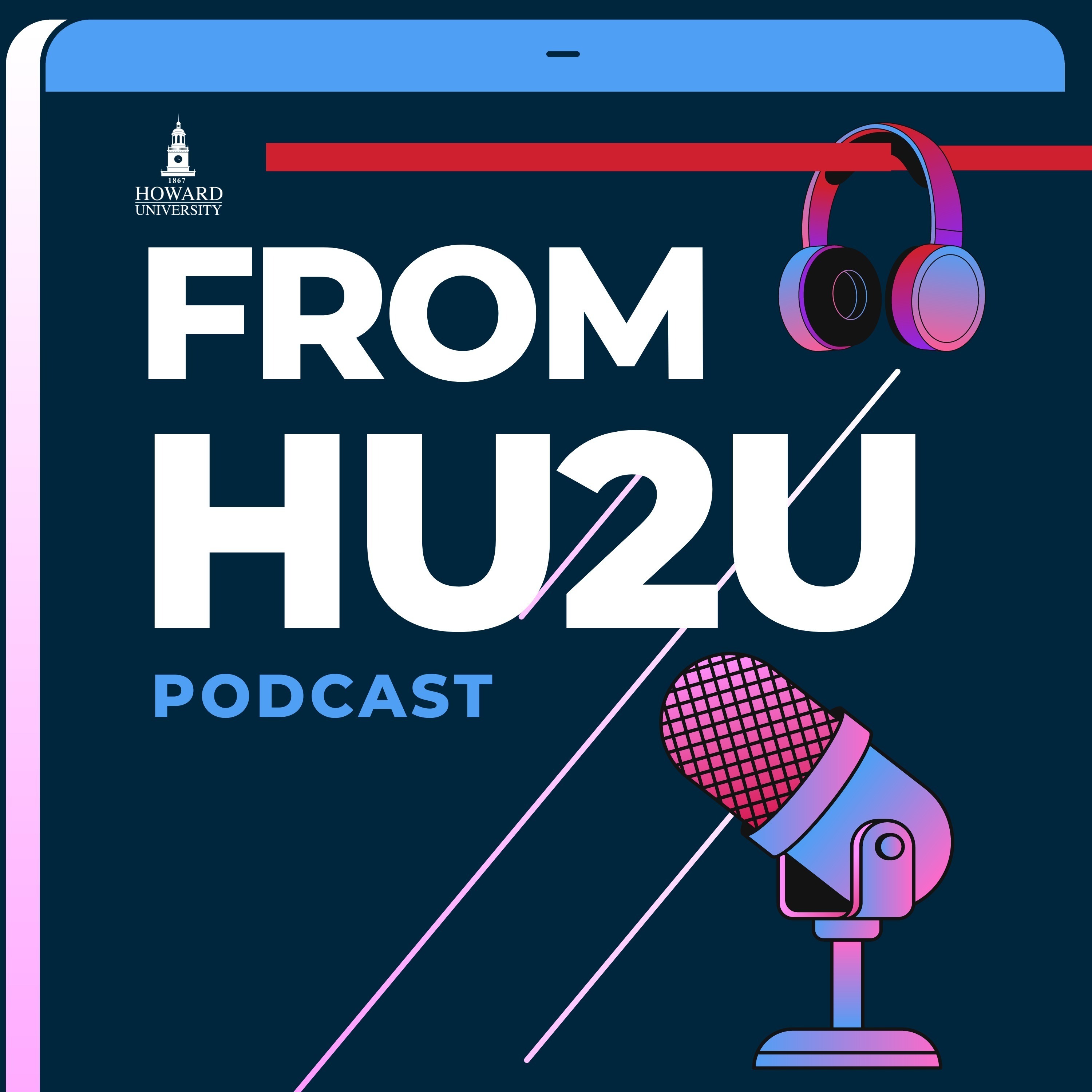Inclusivity in the Afro-Latine Community feat. Natalie Muñoz and Obrian Rosario
In 2020, there were about 6 million Afro-Latine adults in the United States. That's 2% of the US adult population and 12% of all adult Latine population. Yet, while Afro-Latine have a very strong sense of culture and identity, the African-American community and the Latin community often don't know how to make sense of it.
As a result, Afro-Latine sometimes feel excluded and discriminated against. How can we make these communities feel more included and create that sense of belonging?
Joining us to discuss are Natalie Muñoz, a recent Howard doctoral graduate who focuses on Afro-Latine identity, and OBrien Rosario, a student in the Bachelor of Arts to Juris Doctor program (BAJD). Obrian is also the president of the ¡Changó! Howard University's Afro-Latin Student Association and Spanish Speaking Society.
Natalie and Obrian chat with host Frank Tramble about defining different experiences under the Latinx/e community, identity and mental health and steps Howard can take to ensure Latinx/e students have a real sense of belonging on campus.
From HU2U is a production of Howard University and is produced by University FM.
Episode Quotes:
The black diaspora doesn't fit into any boxes
[05:55] Natalie Muñoz: There are all these kinds of boxes that people try to put us in to tell us whether we fit into being able to identify or not, whether it's phenotypic features or hair features. But the reality is that the black diaspora is just so diverse that we don't fit into any box.
How can you be supportive to the Afro-Latina community?
[16:04] Obrian Rosario: My focus is always on community, and when we're in community with one another, we are able to learn about one another and more fully respect one another. And so look for community, whether that's joining a book club and reading about Afro-Latina identity, whether that's even throwing on an Afro-Latina Spotify playlist and immersing yourself in the culture. I think that's really what will break down the barriers, and we'll bring about that indifference. At ¡Changó!, we seek to create immersive experiences. So, every programming and everything that we did was literally bringing people into our culture—whether that is through eating the food with us, listening to the music with us, or digesting the literature with us—and so, find an Afro-Latina person and getting community.
The importance of having a channel to talk about mental health and identity
[14:45] Natalie Muñoz: That connection between identity and mental health is so important, and I don't think it's talked about enough. And the research is just showing, like allowing students to be their authentic selves, to really have pride in their ethnic-racial identity, can serve as a protective barrier for racism and also improve your self-esteem—the knowledge of self.
Now is the best time to build solidarity
[23:35] Natalie Muñoz: There's no better time than now for black people from the diaspora to start building solidarity. And there's also no better place to do it than an HBCU. I think they're right there. They're doing what they can, and I think if we did a little bit more, we could see so much more improvement in terms of relations between Afro-Latinos and African-Americans, but also being able to advocate each other in a time where we needed it more than ever.
Show Links:
- ¡Changó!
- African Students’ Association
- Haitian Students Association
- Caribbean Students Association
- Los Hermanos Restaurant
- All About Love - bell hooks
Guest Profile:
